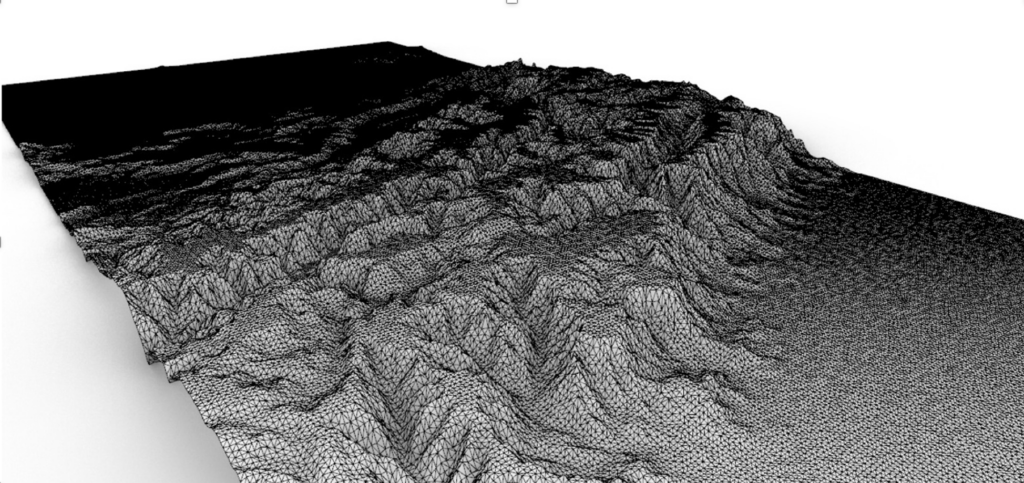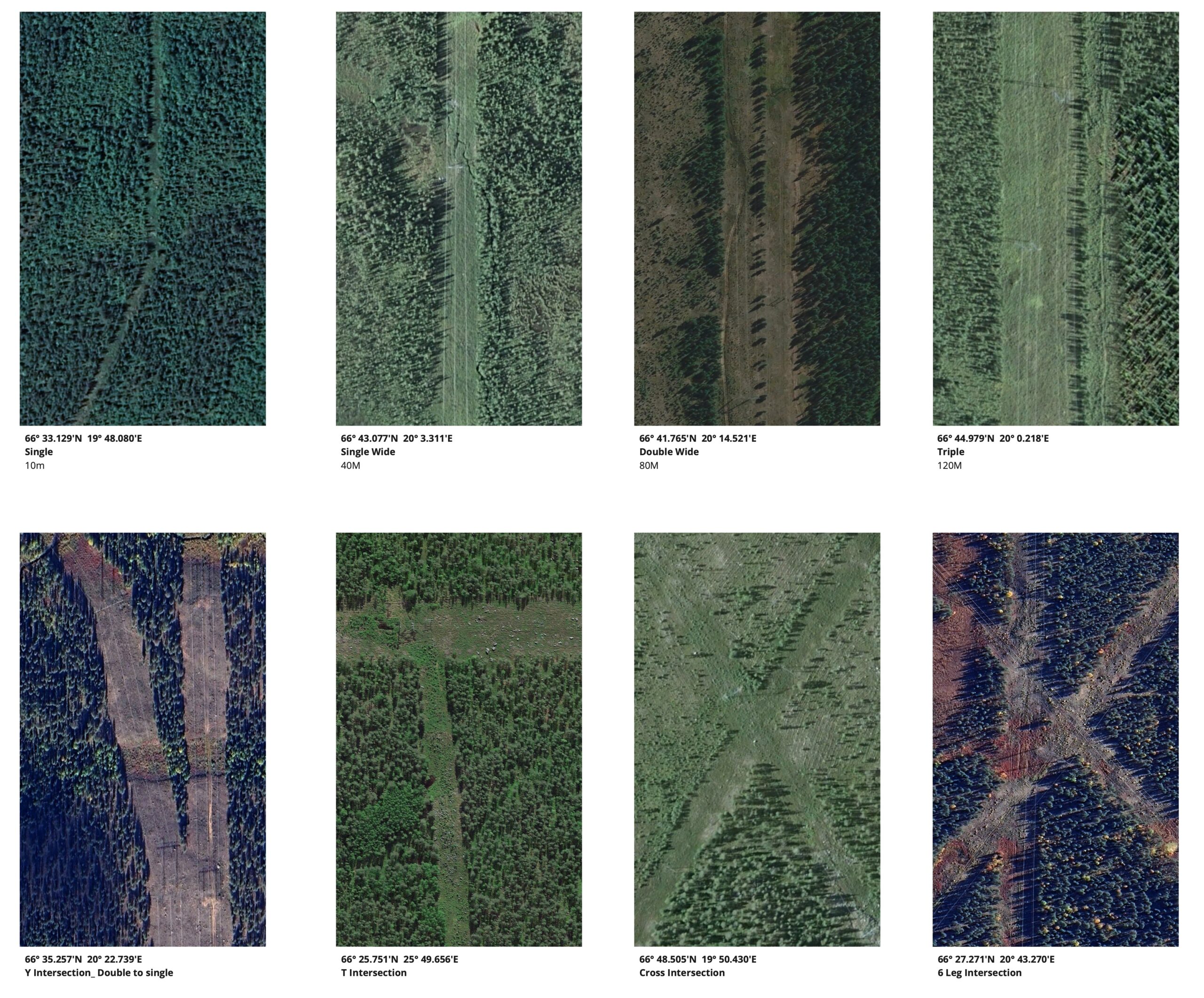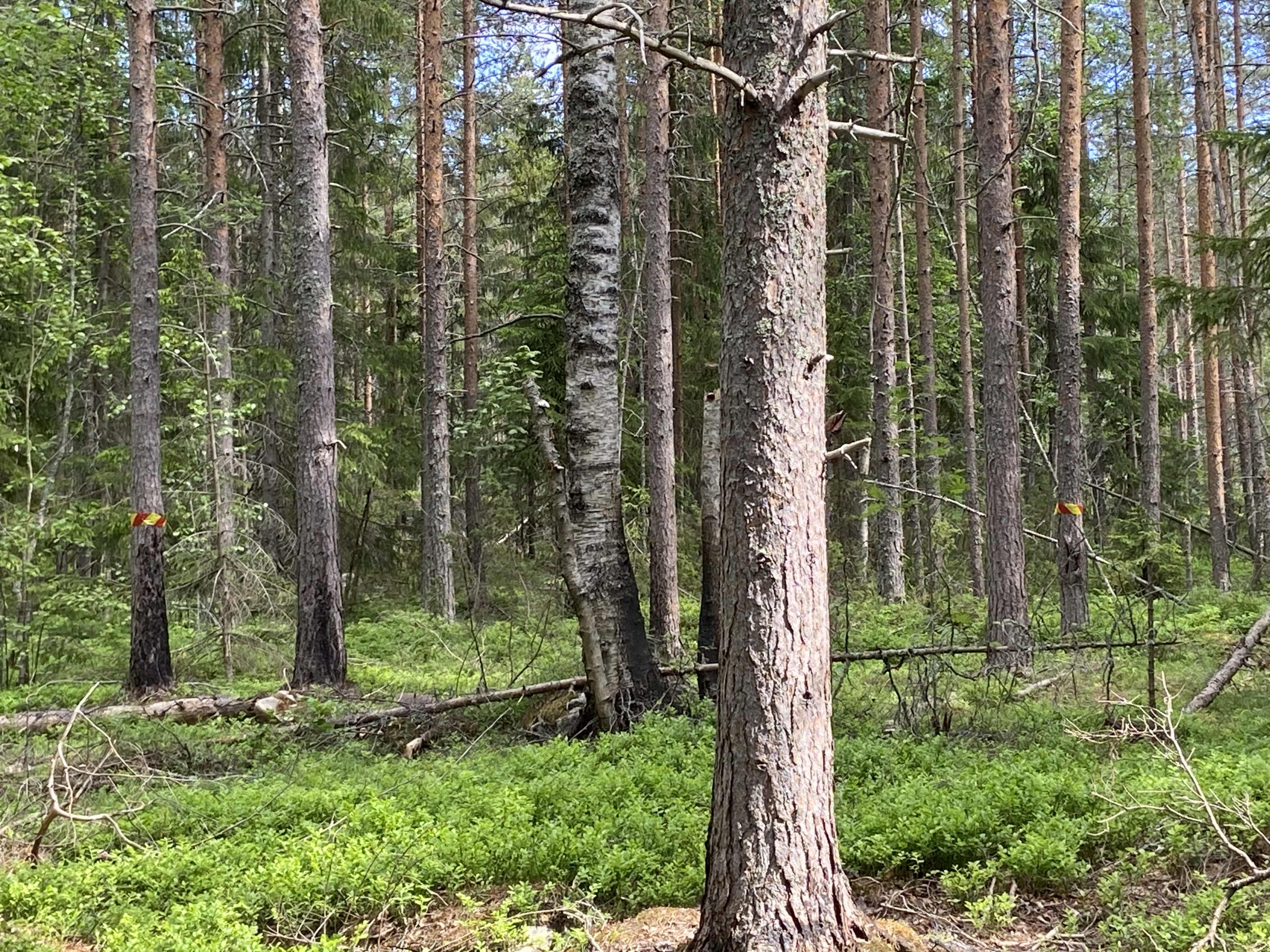This research project The Collaborative Arctic-Nordic Atlas: A critical cartography on environmental (in)justice aims to collate and visualizs data related to social and environmental injustice from a spatial perspective.
The Arctic region is disproportionately affected by climate change and has a huge impact on the global climate system. Several studies investigate the causes, effects, and challenges of climate change in this region, along with platforms visualizing data on climate change projections. Yet, there are very few mapping tools that combine non-visible fluxes and infrastructures, and their impact on the human scale.
The goal of the Collaborative Arctic-Nordic Atlas is two-fold: on one hand it aims to embed social and environmental justice in future design strategies of climate change adaptation; and on the other hand, it aims to empower and give voice to traditionally unheard communities affected by processes of injustice.
The project aims to develop and apply an intersectional mapping and territorial analysis methodology, to spatially visualize natural resources, and agents of disturbance (economic activities such as mining, infrastructure related to marine routes, energy or communications, deforestation or forest fires), and their implication on a larger planetary scale regarding economic exploitation, ecological racism or indigenous disenfranchisement. We will concentrate the research on subjects such as transborder Nordic cultures, melting permafrost, arctic vulnerabilities, changing ecosystems: challenges which require a transnational diplomacy through the arts and design.
The Collaborative Artic Atlas: A critical cartography on environmental (in)justice is a project by Alejandro Haiek Coll in partnership with Raquel Colacios, Luis Pimentel and Tomas Mena.



